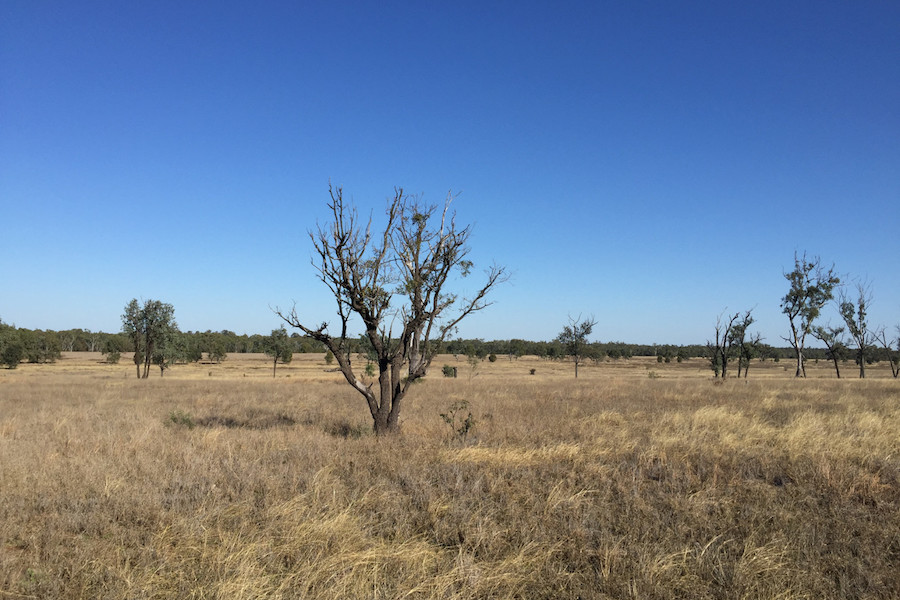Glencore coal mine faces threat as fund refuses backing

Glencore Plc’s plans for a giant new coal mine in Australia’s Bowen Basin may suffer a setback after key stakeholder UniSuper Management Pty said it won’t support the project.
The A$80 billion ($59 billion) pension fund told its investment partners that it won’t support the A$1.5 billion Valeria project as the economics “don’t stack up,” Chief Investment Officer John Pearce said in a University of Melbourne webinar Thursday night.
“Through a complicated structure, a joint venture, we actually own 15% of that coal mine,” he said. “You might think that, well 15%, how can you stop it? Well it turns out that some of the decisions require 100%, so it could be fairly problematic for those.”
Pension funds and other large institutional money managers face mounting pressure from clients and activists to use their resources to fight climate change. Glencore is the largest coal miner in Australia, the top exporter of the fuel, and UniSuper’s move may hinder the company’s plan to replace operations nearing retirement. Valeria is slated to produce about 4% of Australia’s thermal and metallurgical coal when it starts up, which the company earlier this year pegged at 2026.
UniSuper’s approval isn’t necessary for the Valeria project to proceed, Glencore said in an emailed statement.
“UniSuper has an indirect minority interest,” the company said. “UniSuper was an existing JV partner attached to the resource when we acquired it from Rio Tinto Group more than two years ago.”
The Melbourne-based fund this week said it would scrap investments that get more than 10% of revenue from thermal coal, and factor in a carbon tax on all material medium- to long-term bets as the world transitions to a low-carbon economy. It follows pressure from members to cut exposure to high emitting companies and sell investments that undermine the Paris agreement.
“I can’t think of a more tangible way of us demonstrating how seriously the risks are that are posed by decarbonization” than by withholding support for Glencore’s mine, Pearce said. “Thermal coal is bound to be a stranded asset.”
(By Matthew Burgess, with assistance from James Thornhill)
{{ commodity.name }}
{{ post.title }}
{{ post.date }}




Comments